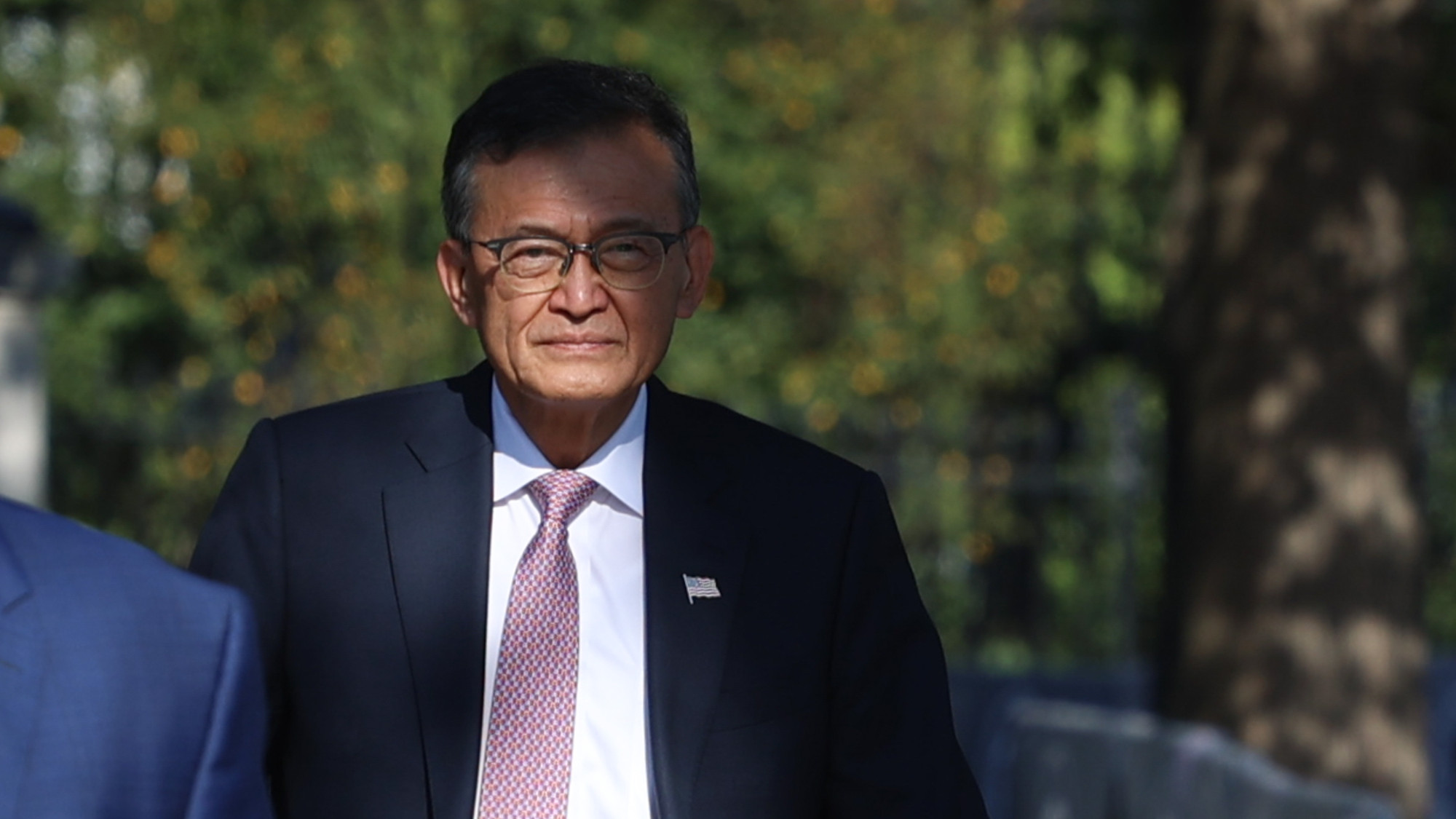Trump: Taking over the private sector?
Donald Trump has secured a 10% stake in Intel using funds from the Biden-era CHIPS Act

A free daily email with the biggest news stories of the day – and the best features from TheWeek.com
You are now subscribed
Your newsletter sign-up was successful
"Donald Trump is a socialist, apparently," said David M. Drucker in Bloomberg. That's what the Republican Party circa 2008—which opposed the Obama administration's auto sector bailouts— would have called a president who snared the U.S. government a 10% stake in struggling chipmaker Intel. Paid for with about $9 billion in grants from the Biden-era CHIPS Act, the deal was made at a White House meeting last month between Trump and Intel CEO Lip-Bu Tan. Notably, Trump had spent days calling for Tan's resignation over his past business dealings with the Chinese military. "He walked in wanting to keep his job," said Trump, "and he ended up giving us $10 billion for the United States." This is just the beginning, said Ben Berkowitz in Axios. Trump's top economic adviser, Kevin Hassett, said it's "absolutely" possible the government will take stakes in more U.S. firms. So if you're a CEO "you may soon be invited to sell a chunk of your business to the government, even at the cost of diluting existing shareholders."
We've seen a string of "rank corporate shake-downs" already this year, said Michael Strain in the Financial Times. Trump approved exports of advanced microchips to China by Nvidia and AMD only after they agreed to hand 15% of their profits to the Treasury, and approved the sale of U.S. Steel to a Japanese firm only after the government was granted a "golden share." The Trump administration says these tactics will bolster U.S. industry so it can better compete with China. But adopting Beijing's state-run capitalist system will mean we also adopt its inefficiencies and corruption, which have led to "empty industrial parks, a struggling housing market, weak consumer demand, and deflationary pressure." There are other risks, said Mike Schmidt and Todd Fisher in The Wall Street Journal. If Intel announces layoffs, will Trump get the blame? Will foreign-owned chipmakers like South Korea's Samsung—a major player in U.S. manufacturing—be allowed to compete with Intel? "Where does this new model of state capitalism stop?"
It stops once Trump is "the dominant authority in all spheres of American life," said Nick Catoggio in The Dispatch. His Intel shakedown was motivated by the same desire that led him to send the National Guard into Los Angeles and Washington, D.C.; to impose his will on the Smithsonian and Ivy League universities; and to pardon Jan. 6 rioters. He did it because he could and it made him look strong. Trump wants to "control the means of production—and everything else."
The Week
Escape your echo chamber. Get the facts behind the news, plus analysis from multiple perspectives.

Sign up for The Week's Free Newsletters
From our morning news briefing to a weekly Good News Newsletter, get the best of The Week delivered directly to your inbox.
From our morning news briefing to a weekly Good News Newsletter, get the best of The Week delivered directly to your inbox.
A free daily email with the biggest news stories of the day – and the best features from TheWeek.com